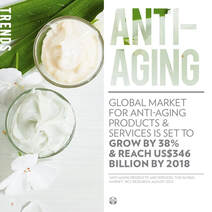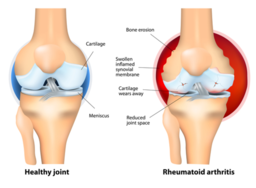
Probiotics are beneficial bacteria that have been linked with a wide range of health benefits including a stronger immune system, a healthier gut, symptomatic relief from depression and anxiety, a lower body weight, improved heart health and cancer prevention.
The best way to get probiotics is from foods. The best probiotic foods are unpasteurized miso, whole milk kefir, fermented drinks, whole milk yogurt, and raw pickles. Probiotic foods aid digestion and can heal or improve digestive problems. Homemade beer and wine can be probiotic if not pasteurized. All commercially available beer and wine is pasteurized.
Here are a few of the top types of “friendly” probiotic gut bacteria that your body needs:
- Lactobacillus acidophilus
- Lactobacillus bulgarius
- Lactobacillus reuteri
- Streptococcus thermophilus
- Saccharomyces boulardii
- Bifidobacterium bifidum
- Bacillus subtilis
Prebiotics are foods that have fiber that feed the beneficial probiotic bacteria in the large intestines. When people grew their own food, the healthy bacteria in the soil that got on foods were prebiotic. Because of environmental factors and food having to travel longer distances that require better sanitation, the prebiotic soil bacteria is no longer present on our foods.
For decades, I've recommended a healthy prebiotic soil based bacteria supplement that has remarkable effects on health because of its nourishing effects on our beneficial bacteria. Other supplements are available that have prebiotic fiber and/or prebiotic bacteria. I recommend that people get most of their prebiotics from food unless more prebiotics are needed for certain health issues.
Prebiotics are beneficial to help regulate the blood sugar, for inflammatory bowel disease, to lift one's moods, for blood pressure, to lower cholesterol and for many other health issues.
The most common prebiotic fibers include:
- Beta-Glucan
- Fructooligosaccharides
- Inulin
- Galactooligosaccharides
- Isomaltooligosaccharides
- Guar gum
- Lactulose
- Resistant Starch, including maltodextrin
- Xylooligosaccharides
Foods that are prebiotic include root vegetables that tend to be high in inulin, fructooligosaccharides and resistant starch. This group includes true roots as well as bulbs. Examples include onions, leeks, garlic, jicama (photo above), Jerusalem artichokes and chicory root. Many fruits have prebiotic fibers including apples, berries and pears.
Spring vegetables are rich in prebiotic fibers, particularly inulin, fructooligosaccharides and xylooligosaccharides. Examples include greens (especially dandelion greens), peas, leeks and asparagus. Legumes such as lentils, whole grains and nuts are high in prebiotic fibers. Oats, buckwheat and wheat have high amounts of prebiotic fiber although all grains include some. Honey, ginger root, sweet potatoes, cabbage, beets and many other vegetables are prebiotic.
Be sure to include plenty of probiotic and prebiotic foods in order to support your colon health, digestion and overall wellbeing.
Keep your metabolism high by managing or avoiding stress and eating a diet that has enough calories and abundant macro and micro nutrients such as adequate carbohydrates, concentrated proteins from animal sources or supplements, beneficial fats and a range of beneficial vitamins and minerals. If the metabolism is to slow circulation through the digestive tract slows leading to the growth of poor bacteria in the colon.
Notes:
- All miso from Japan is flash pasteurized in order to survive the long journey of transport. American miso such as South River and Miso Master is unpasteurized retaining the beneficial bacteria.
- Some yogurts are higher in beneficial bacteria. You can learn about this by reading the label. If you incorporate yogurt, buy whole milk versus low fat yogurt for more beneficial nutrients from grass fed animals. Dairy products from naturally raised grass fed animals have been eaten by healthy cultures around the globe and often as raw dairy products retaining the beneficial bacteria.
- Buy pickles from the refrigerator at natural foods stores that have no sugar, chemicals or vinegar. When vinegar is added, the pickles are not probiotic.
- To learn about making your own fermented foods, buy Wild Fermentation by Sandor Ellix Katz.





 RSS Feed
RSS Feed